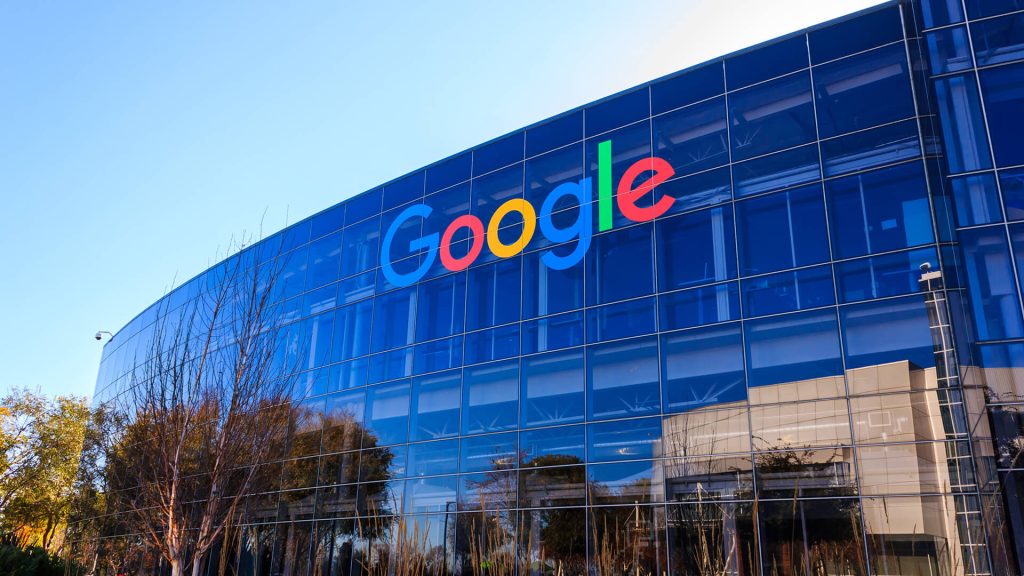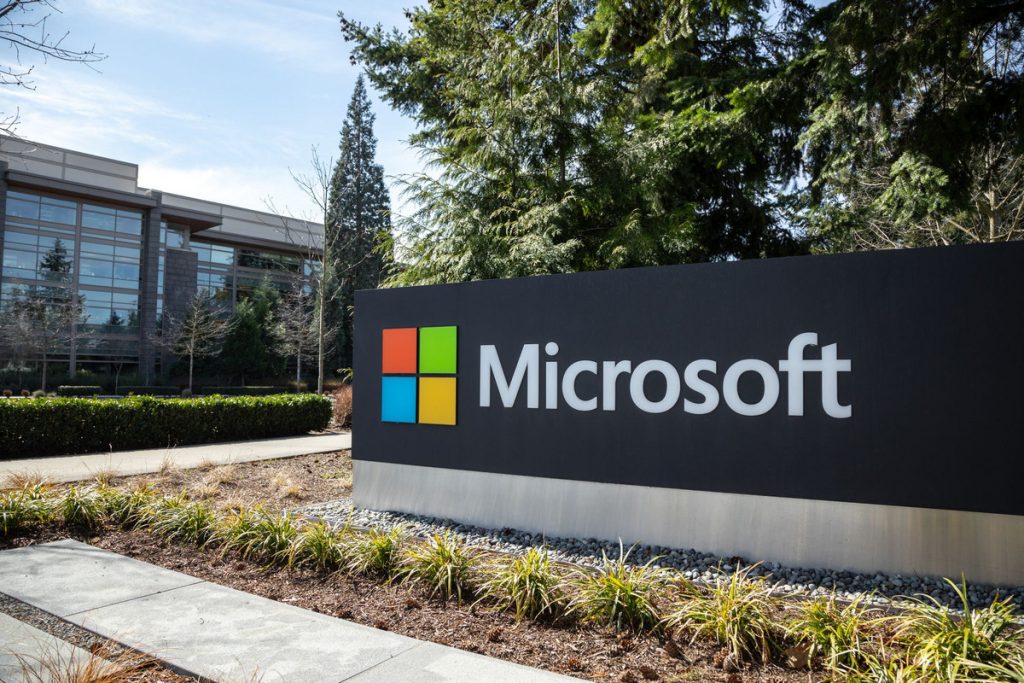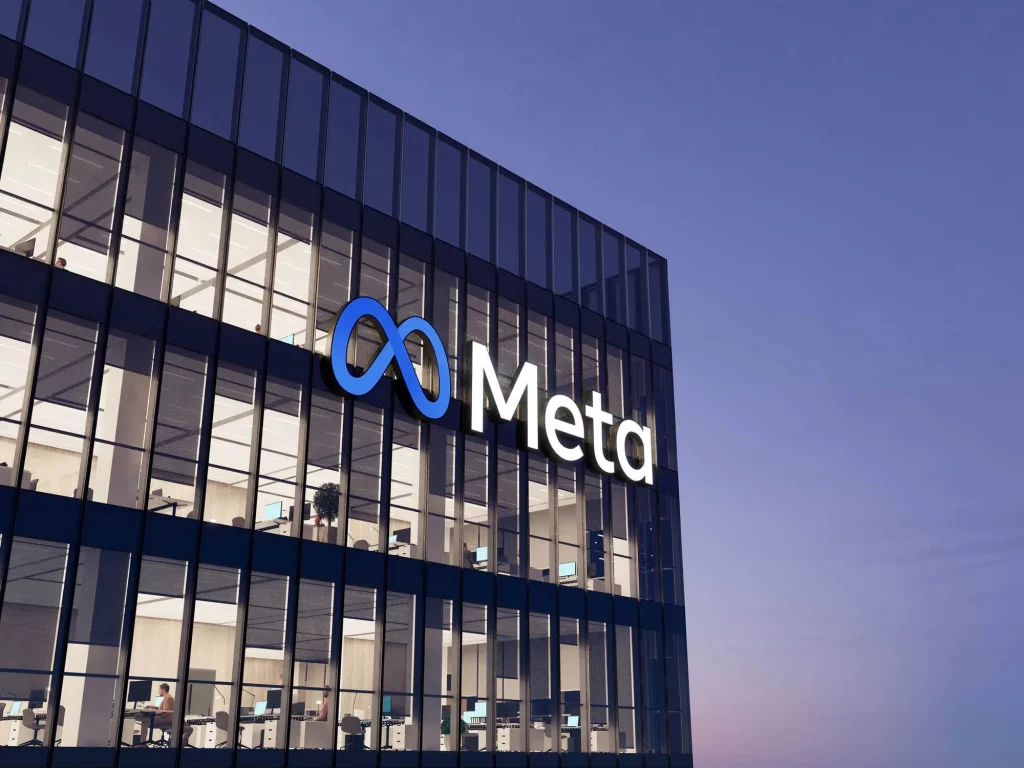What is Digital Marketing? A Comprehensive Guide
In today’s hyper-connected world, digital marketing has emerged as an essential tool for businesses seeking to reach their target audience, build brand awareness, and drive sales. But what exactly is digital marketing? How does it differ from traditional marketing, and why is it so critical in the modern business landscape? This article will explore these questions in detail, shedding light on the strategies, channels, and tools that make digital marketing a game-changer.
Defining Digital Marketing
Digital marketing refers to the use of digital channels, platforms, and technologies to promote products or services to potential customers. Unlike traditional marketing, which relies on mediums such as print, television, and radio, digital marketing focuses on the internet and digital devices, making it more interactive, measurable, and adaptable.
It encompasses a broad spectrum of activities, including:
- Search Engine Optimization (SEO)
- Content Marketing
- Social Media Marketing (SMM)
- Email Marketing
- Pay-Per-Click Advertising (PPC)
- Affiliate Marketing
- Mobile Marketing
- Analytics and Data Measurement
At its core, digital marketing is about connecting with the right audience at the right time through the right channel.
The Evolution of Digital Marketing
Digital marketing has evolved significantly over the past few decades. Its roots can be traced back to the advent of the internet in the early 1990s. As more people began using the internet for information, communication, and shopping, businesses quickly recognized its potential as a marketing platform.
The launch of search engines like Google and social media platforms like Facebook, Twitter, and Instagram further transformed the landscape. Today, digital marketing is a sophisticated discipline that leverages artificial intelligence (AI), big data, and automation to deliver personalized experiences.
Key Components of Digital Marketing
To understand digital marketing better, let’s break it down into its core components:
1. Search Engine Optimization (SEO)
SEO involves optimizing a website to improve its visibility on search engine result pages (SERPs). The goal is to attract organic (unpaid) traffic by ranking higher for relevant keywords.
Key elements of SEO include:
- Keyword research
- On-page optimization (e.g., meta tags, content quality)
- Off-page optimization (e.g., backlinks)
- Technical SEO (e.g., site speed, mobile-friendliness)
2. Content Marketing
Content marketing focuses on creating and distributing valuable, relevant content to attract and retain a clearly defined audience. This can include:
- Blog posts
- Infographics
- Videos
- E-books
- Webinars
Effective content marketing builds trust and positions a brand as an industry leader.
3. Social Media Marketing (SMM)
Social media marketing involves using platforms like Facebook, Instagram, LinkedIn, and Twitter to connect with audiences. It’s a powerful way to:
- Build brand awareness
- Foster engagement
- Drive website traffic
- Generate leads
Paid social media campaigns (e.g., Facebook Ads) allow businesses to target specific demographics.
4. Email Marketing
Email marketing remains one of the most effective ways to nurture leads and maintain customer relationships. By sending personalized messages, businesses can:
- Promote products or services
- Share valuable content
- Announce special offers
Tools like Mailchimp and HubSpot help automate email campaigns and track their performance.
5. Pay-Per-Click Advertising (PPC)
PPC is a form of paid digital marketing where advertisers pay a fee each time their ad is clicked. Platforms like Google Ads and Bing Ads allow businesses to bid on keywords and display ads in search results or on websites.
6. Affiliate Marketing
Affiliate marketing involves partnering with individuals or companies (affiliates) who promote your products in exchange for a commission. This strategy is cost-effective, as affiliates are paid based on performance.
7. Mobile Marketing
With the rise of smartphones, mobile marketing has become essential. It includes strategies like:
- SMS marketing
- Mobile apps
- Optimized mobile websites
- Location-based marketing
8. Analytics and Data Measurement
Tracking and analyzing data is crucial in digital marketing. Tools like Google Analytics, SEMrush, and HubSpot provide insights into user behavior, campaign performance, and ROI.
Benefits of Digital Marketing
-
Global Reach
Digital marketing enables businesses to reach audiences worldwide, breaking geographical barriers. -
Cost-Effectiveness
Compared to traditional marketing, digital campaigns can be more affordable, making them accessible to small and medium-sized businesses. -
Targeted Audience
With tools like demographic and behavioral targeting, digital marketing ensures your message reaches the right people. -
Measurable Results
Digital marketing provides detailed metrics, allowing businesses to measure the effectiveness of campaigns in real time. -
Engagement and Interactivity
Social media and other channels foster direct communication with customers, building stronger relationships. -
Adaptability
Campaigns can be quickly adjusted based on performance data, ensuring better ROI.
Challenges in Digital Marketing
Despite its advantages, digital marketing is not without challenges. These include:
-
Rapid Technological Changes
Keeping up with the latest tools and trends requires constant learning. -
Increased Competition
The digital space is crowded, making it harder to stand out. -
Data Privacy Concerns
Compliance with regulations like GDPR and CCPA is essential. -
Content Saturation
Producing unique, high-quality content is more challenging as competition grows.
How to Create an Effective Digital Marketing Strategy
-
Define Your Goals
What do you want to achieve? Increased sales, brand awareness, or lead generation? -
Understand Your Audience
Use tools like buyer personas to identify the needs and behaviors of your target audience. -
Choose the Right Channels
Focus on the platforms where your audience is most active. -
Create Engaging Content
Develop content that aligns with your goals and adds value to your audience. -
Optimize for Mobile
Ensure your website and campaigns are mobile-friendly. -
Monitor and Analyze
Use analytics tools to track performance and refine your strategy.
The Future of Digital Marketing
The digital marketing landscape is ever-evolving, with new technologies shaping the way businesses connect with customers. Key trends include:
-
Artificial Intelligence (AI)
AI is transforming personalization, content creation, and customer service (e.g., chatbots). -
Voice Search Optimization
As voice assistants like Alexa and Siri become more popular, optimizing for voice search is essential. -
Augmented Reality (AR) and Virtual Reality (VR)
These technologies offer immersive experiences, particularly in retail and real estate. -
Sustainability and Ethics
Brands focusing on sustainability and ethical practices resonate more with socially conscious consumers.
Conclusion
Digital marketing is no longer optional—it’s a necessity for businesses aiming to thrive in the modern age. By leveraging digital tools and strategies, businesses can effectively reach their audience, build meaningful relationships, and achieve their goals. As technology advances, staying informed and adaptable will be key to success in this dynamic field.
Whether you’re a small business owner or a seasoned marketer, investing in digital marketing is one of the best decisions you can make. Start today, and watch your business grow in the digital era.


